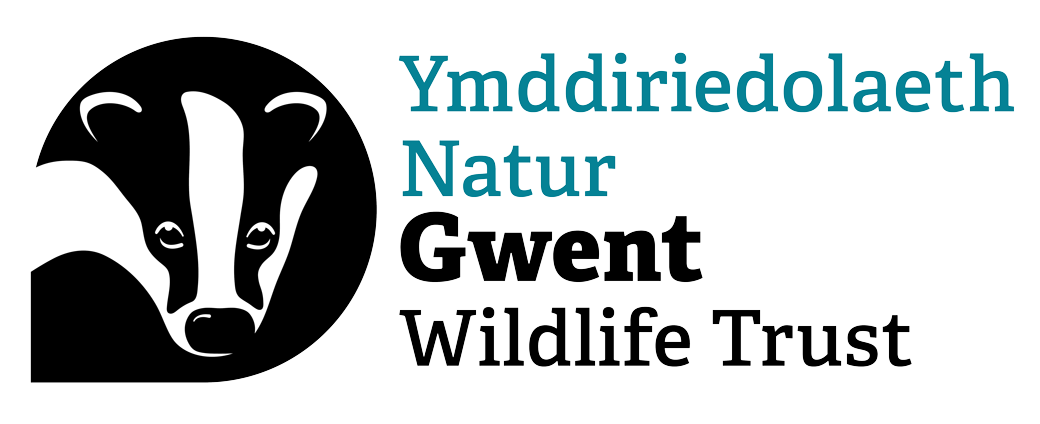The Bugs Matter survey finds bug splats on number plates have declined by 64% in less than 20 years. Conservationists describe the outlook for Gwent as “alarming” with the county seeing similar reductions to the national average The announcement comes as the UK Government lifted a ban on pesticides that harm bees.
New analysis of data from the 2022 Bugs Matter survey, run by conservation charities Kent Wildlife Trust, Gwent Wildlife Trust and Buglife, suggests alarming declines in insect numbers in Gwent: the number of flying insects sampled on number plates by citizen scientists has declined by a massive 64% since 2004.
This is an increase from last year’s figures, which showed a 40% decline between 2004 and 2021. The news comes after the UK Government announced the permitted use of the banned pesticide thiamethoxam (a neonicotinoid) on sugar beet crops in England for the third year running, even after advocating for a global pesticide reduction target at the UN COP15 Biodiversity Conference in Montreal in December 2022. A single teaspoon of the neonicotinoid pesticide is enough to kill 1.25 billion bees.
The Bugs Matter Citizen Science Survey uses an innovative method for the large-scale surveying of flying insect abundance across the UK. The survey runs in summer and involves citizen scientists recording the number of insect splats on their vehicle number plates following a journey. Counting insects not only gives an estimate of the abundance of insect life but is also a measure of the health of the environment, so when their numbers fall it is an indication that nature is in trouble.
The Bugs Matter data also indicates that insect declines appear to be happening at the same rate in Gwent as the rest of the UK, where a 64% national decline in the number of bug splats on number plates was recorded across the same time period.
The results from the Bugs Matter surveys inform a growing requirement for conservation research, policy and practice targeted at insects. It is also hoped that the survey method could be adopted in other countries, with citizen scientists across the planet taking part to compile a hugely valuable global dataset.
Participation in the 2022 Bugs Matter survey in Gwent was impressive: the number of journeys increased from 172 to 250 between 2021 and 2022 and the top two journey recorders in Gwent logged 75 and 72 journeys over the lifetime of the Bugs Matter survey.




